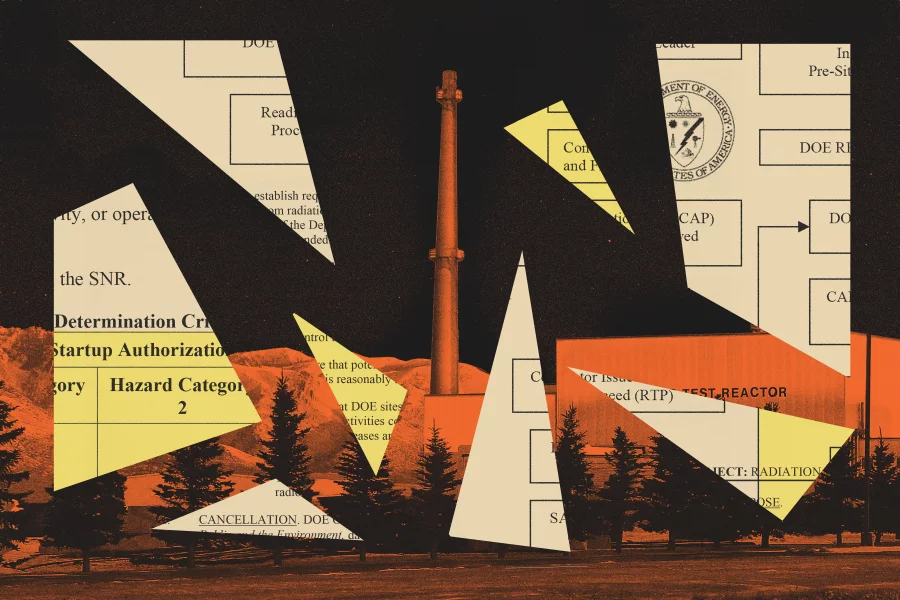 The Canadian Association of Petroleum Producers released a set of principles to govern the controversial practice of hydraulic fracturing used to release vast reserves of natural gas.
The Canadian Association of Petroleum Producers released a set of principles to govern the controversial practice of hydraulic fracturing used to release vast reserves of natural gas.
CAPP's guidelines emphasize water management and improved disclosure of water and fluid practices for the technique of hydraulic fracturing, more commonly known as fracking, which involves massive amounts of water, sand and chemicals injected at high pressure to fracture rock and release natural gas.
Critics of fracking say it releases methane into the atmosphere and leaves groundwater supplies vulnerable to harmful chemicals in fracking fluid.
CAPP's announcement Thursday comes a day after New York state's environmental regulator extended by 30 days a public comment period on rules for natural gas drilling that could end the state's yearlong ban on fracking.
"Protecting Canada's water resources is fundamental to our social license to operate and to grow," said CAPP President Dave Collyer. CAPP represents most of Canada's major oil and gas producers.
"With the increase in natural gas production from unconventional sources such as shale, Canadians have told us they want more information as to how industry uses and protects water."
Studies indicate there is potentially 1,000 trillion cubic feet of shale gas in the country, says Canada's National Energy Board. Matt Horne, an analyst with environmental group Pembina Institute said that, while CAPP's move is a positive step, it doesn't replace the need for strong government regulation.
"We would certainly rather see those -- disclosure on fracturing chemicals, for example -- be required by government as opposed to being voluntary by industry," he told the Calgary Herald.
TVNL Comment: The entire industry, in Canada and the US, is refusing to reveal the chemicals it uses during the fracking process. How outrageous is that? Just asking....





 Donald Trump has vented his fury against a green energy deal between the British government and...
Donald Trump has vented his fury against a green energy deal between the British government and... The Trump administration has overhauled a set of nuclear safety directives and shared them with the...
The Trump administration has overhauled a set of nuclear safety directives and shared them with the... For those who did not manage to buy portable gas heaters and stoves, firebricks have become...
For those who did not manage to buy portable gas heaters and stoves, firebricks have become...






























